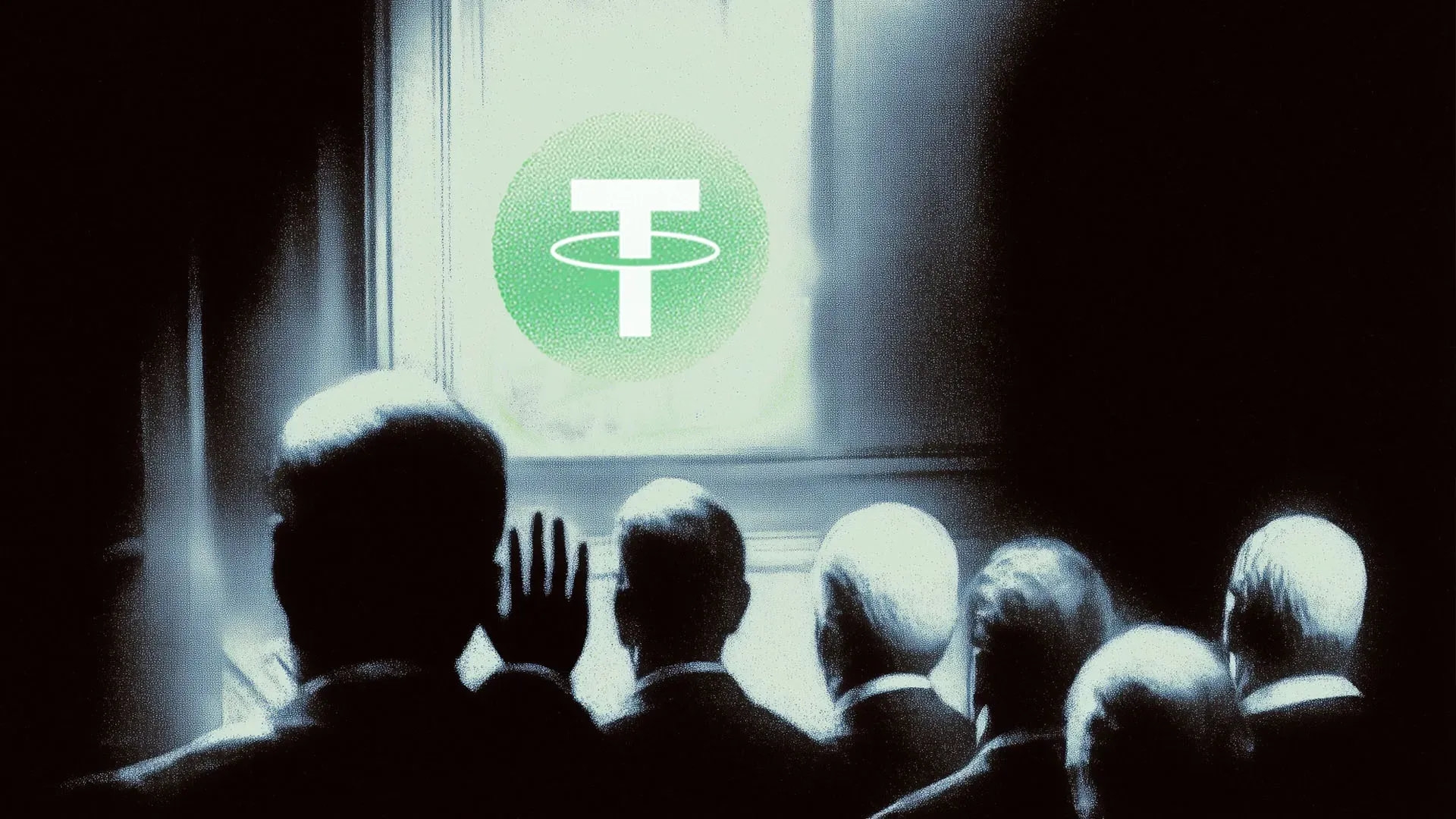How GENIUS Shakes Up the Stablecoin Wars

America's GENIUS stablecoin bill is poised to usher in a new era for crypto in the United States, but the new legislation creates opportunities and challenges for today's biggest crypto dollar players.
The bill, which passed a Senate vote this afternoon, will now advance to the House of Representatives. Assuming it passes that chamber unamended, the bill will make its way onto President Trump’s desk to be signed into law!
Let’s unpack the ramifications of GENIUS on Tether and explore the opportunities this bill will create for regulated Tether competitors. 👇
🧠 What is GENIUS?
Short for “Guiding and Establishing National Innovation for U.S. Stablecoins,” the GENIUS ACT is a comprehensive stablecoin framework introduced by Tennessee Senator Bill Hagerty.
The bill will regulate payment stablecoins, or digital assets that are pegged to a monetary unit of account (like the U.S. dollar) and whose issuer is obligated to convert, redeem, or repurchase the tokens for a fixed value.
Under the bill, only “permitted payment stablecoin issuers” (approved subsidiaries of insured banks or qualified issuers) and certain “foreign payment stablecoin issuers” registered in nations determined to have comparable regulatory frameworks with the GENIUS Act will be able to issue payment stablecoins in the United States.
Notably, this legislation prohibits payment stablecoins from issuing yield to holders, a feature some argue would make them securities. Additionally, it does not apply to national currencies (i.e.; Federal Reserve notes, Fed bank reserves, and other monies issued by central banks), deposits (money credited to customers that is lent out by banks), or securities (like tokenized stocks and real estate).
All payment stablecoin issuers must back their outstanding tokens on an at least 1:1 basis with U.S. currency, Federal Reserve deposits, demand bank deposits, Treasury bonds with less than 93 days to maturity, or overnight reverse repurchase agreements.
Further, payment stablecoin issuers are generally prohibited from rehypothecating reserves, must publish monthly reserve certifications that are audited by a registered public accounting firm, and must comply with the Bank Secrecy Act.
Payment stablecoins – which have an infinitely lower probability of losses than bank deposits due to their high-quality backing – will not be secured by FDIC insurance, and the GENIUS Act would make it illegal for any issuer to misrepresent their tokens as such.
In a major win for peer-to-peer finance, the GENIUS Act does not prohibit individuals from self-custodying stablecoins. Similarly, it does not apply to lawful digital asset transfers between two individuals without the involvement of an intermediary or internal transactions between a single entity/individual’s U.S. and foreign accounts.
The GENIUS Act is going to propel America’s payment system into the 21st century. Let’s get it done! pic.twitter.com/mIGpocZmUs
— Senator Bill Hagerty (@SenatorHagerty) June 4, 2025
📉 Tether Shakeup
The GENIUS Act stands to be a milestone moment for stablecoin adoption in the United States, but not all incumbents will benefit equally. The bill’s passage almost certainly undermines Tether’s longstanding dominance in the stablecoin sector.
Tether’s most recent quarterly reserve report, dated March 31, 2025, shows USDT supply is at most 85% backed by GENIUS-compliant reserves, below the 1:1 collateralization threshold that would be required for all payment stablecoins.
Additionally, Tether auditor BDO Italia is not a U.S.-registered public accounting firm and its reserve reports do not comply with the Public Company Accounting Oversight Board’s accepted auditing standards, meaning they would not be acceptable under the GENIUS Act, even if published on a monthly basis.
Should GENIUS become law, USDT will be regulated out of the real-world financial system: the token could not be treated as a cash equivalent for accounting purposes, it would not be eligible collateral for financial transactions, and it could not be used as an inter-bank settlement method.
Moreover, three years following the passage of GENIUS, all centralized digital asset service providers must cease offering USDT to persons and entities in the United States.
While Tether may create a new GENIUS-compliant payment stablecoin offering – a possibility CEO Paolo Ardoino expressed openness to in an interview with Bloomberg – such a token could not be backed by margin loans, one of the avenues used to mint USDT.
Stablecoin regulation is coming down the pipeline in America, and although Tether is no doubt cognizant of the future business implications of regulation, the firm does not appear willing to bring its core USDT stablecoin into compliance with the GENIUS Act.
Real-world adoption has always been crypto’s big kahuna, and once regulated Tether competitors receive the green light for use in key financial and banking applications, USDT should be swiftly dethroned from its position of stablecoin dominance.
Individual Americans will retain the ability to hold USDT under GENIUS, but access to the stablecoin will become severely limited and its use cases will pale in comparison to those offered by compliant alternatives in this regulated reality.